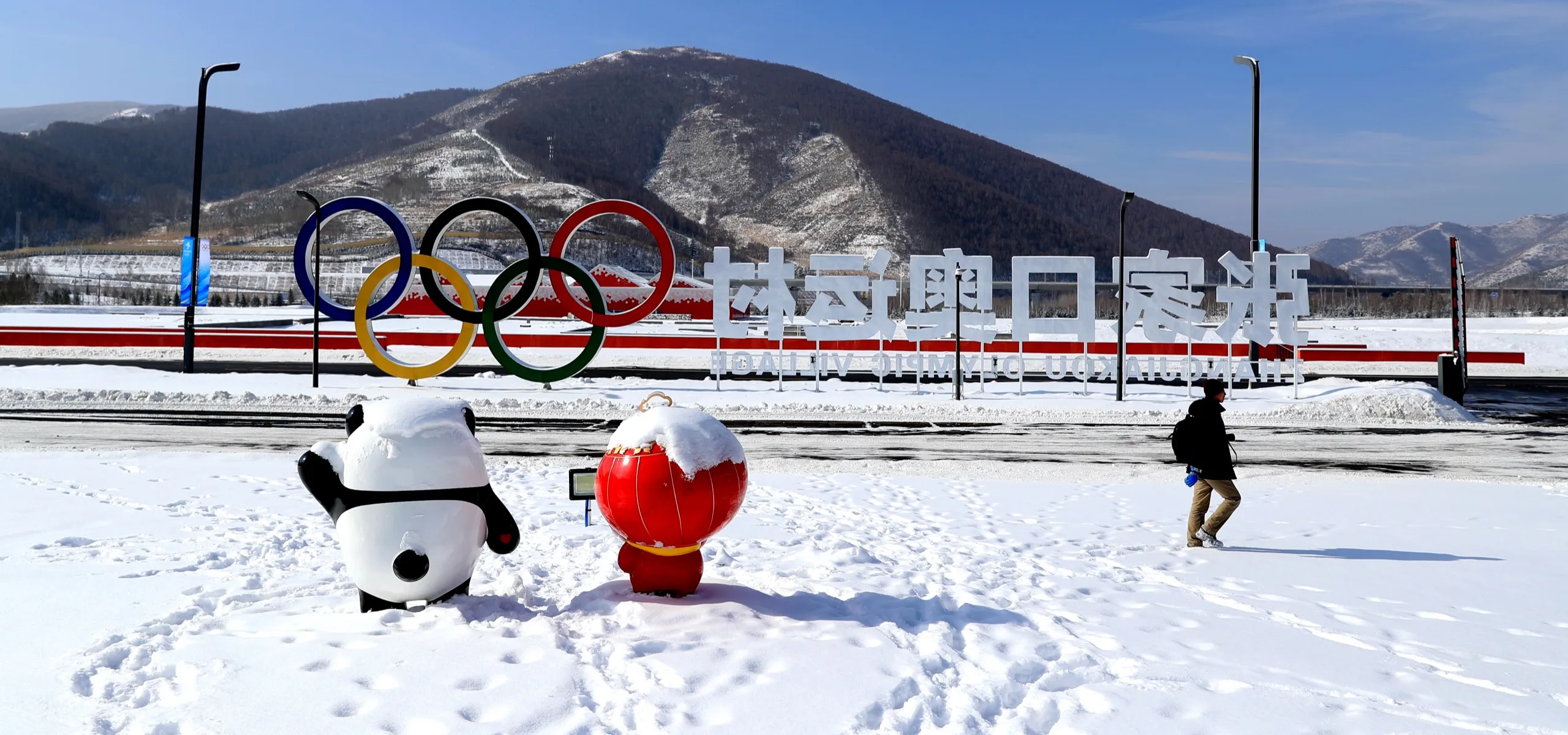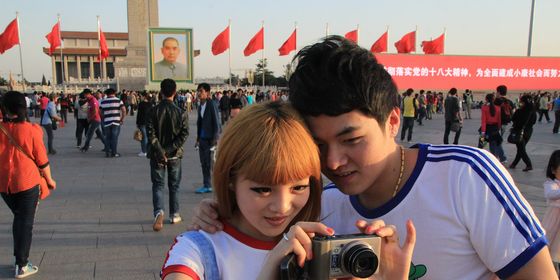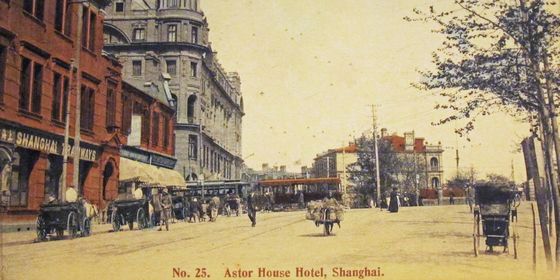A year on from the Winter Olympic Games, has Zhangjiakou bounced back from the pandemic and lived up to its promise as China’s ski capital?
Yu Dian still remembers the thrill of seeing China’s snow sport stars Su Yiming and Gu Ailing (also known as Eileen Gu) competing at the 2022 Winter Olympic Games in Zhangjiakou, Hebei province. “Zhangjiakou was a bustling, busy location crowded with Olympic stars,” 21-year-old Yu reminisces of her time working as a broadcast assistant for the Games in February last year.
Since then, she’s been desperate to ski on the same slopes as Su, the 18-year-old snowboarding sensation who won a gold and silver medal at the Winter Games. Soon after China’s pandemic restrictions were suddenly lifted in December 2022, Yu hopped on the high-speed rail from Beijing, built in the lead-up to the Olympics, to Chongli district (home to most of Zhangjiakou’s ski resorts). She headed to the Olympic venue at the National Ski Jumping Center: “It was fun to feel like I’m on the same steep slope as the athletes,” Yu tells TWOC.
One year on from the Winter Olympics, and having weathered a total three hard winters under the pandemic since the resorts opened, Chongli is teeming with crowds again. Unlike during the Games in February 2022, it’s not filled with professional athletes living and competing in strict Covid control bubbles, or press corps forced to quarantine for weeks before the events, but hundreds of thousands of tourists getting their skiing fix, or trying out snow sports for the first time after getting inspired by the Games. The old Olympic venues also draw fans like Yu who feel attached to China’s winter sport stars.
But despite the crowds this February, three years of pandemic restrictions and the increasingly fierce market competition has put Zhangjiakou in a precarious position.
A formerly impoverished Hebei city known for manufacturing and natural resources, Zhangjiakou has bet for years on the Winter Olympics to fuel sustained growth in ski tourism. With snow sports booming since China was awarded the Winter Olympics in 2015—over 300 million people participated in winter sports in 2022, according to official statistics—and around 672 million yuan invested in the Games in Zhangjiakou (excluding 50 billion spent on the high-speed rail line from Beijing), the once unheralded city should have been poised to flourish.













